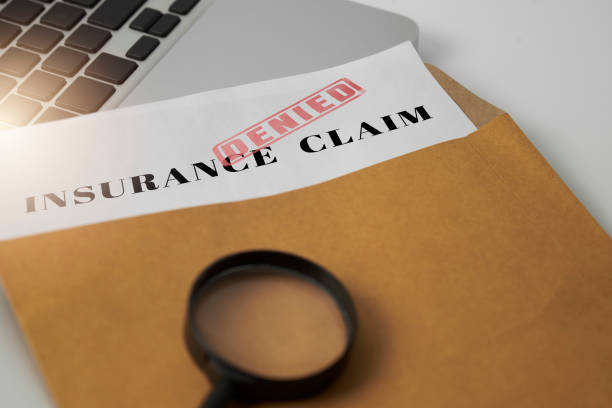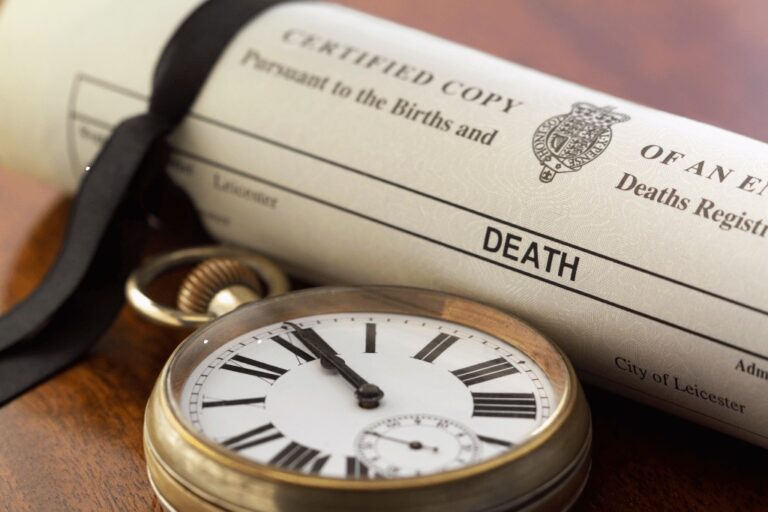What Should I Do if Insurance Denied My Roof Claim in Oklahoma?
Understand Why Your Roof Claim Was Denied
If your roof claim has been denied, your first step should be to understand the insurer’s reasoning. In Oklahoma, denials often stem from policy exclusions, delayed reporting, or claims that the damage was due to normal wear and tear instead of a specific event like a storm. Carefully reviewing the denial letter is essential—it will outline the grounds on which the insurer based their decision.
Common justifications include pre-existing roof conditions, damage deemed below your deductible, or incomplete documentation. However, denial doesn’t necessarily mean the claim is invalid. Sometimes, decisions are made based on incomplete inspections or misinterpretation of your policy’s terms.
By identifying the specific reasons for denial, you can determine whether they are accurate or disputable. This understanding is the first step in deciding what to do if insurance denied roof claim. The right knowledge can equip you to challenge the decision effectively, whether through additional documentation, an appeal, or legal action.
Knowing why your claim was rejected helps you avoid missteps in the appeal process and ensures that any future communication with your insurer is fact-based and strategic. Documentation and clarity can make the difference between approval and denial on your second attempt.
Review Your Homeowner’s Insurance Policy Carefully
Once a roof claim has been denied, reviewing your homeowner’s insurance policy is essential. This document defines what types of roof damage are covered and under which conditions. In Oklahoma, many policies have fine print exclusions for storm-related or age-related roof issues, which may not be obvious at first glance.
Key terms to look for include “replacement cost value” versus “actual cash value.” These definitions impact how much you’re reimbursed—or whether you’re reimbursed at all. Also, check for time-sensitive requirements such as how quickly damage must be reported or repairs must be completed. Missing a deadline could be grounds for denial.
Understanding these policy terms is crucial when deciding what to do if insurance denied roof claim. Often, insurers rely on vague or confusing language to support their decision. By comparing the policy with your denial letter, you may find inconsistencies or violations that support your case.
Being well-versed in your policy empowers you to challenge the decision more effectively, whether you handle it alone or with legal help. Knowing your coverage inside and out is the foundation for building a credible appeal or initiating a bad faith insurance claim if necessary.
Gather Evidence and Documentation of the Roof Damage
If your roof claim was denied, one of the most powerful tools you have is evidence. Begin by compiling clear, date-stamped photos or videos showing the extent of the roof damage—both right after the incident and during any temporary repairs. These visuals help establish a timeline and support the claim that the damage was event-specific rather than due to long-term neglect.
Next, obtain a written assessment from a licensed roofer or inspector. Their professional evaluation can counter any claims that the damage was minimal or unrelated to the incident in question. Keep track of all correspondence with your insurer, including emails, letters, and claims submissions, and maintain copies of any documentation you submitted.
In Oklahoma, weather-related claims can be particularly complex due to frequent storms and hail. Having contractor estimates and meteorological reports can help demonstrate that the damage was caused by a covered event.
Knowing what to do if insurance denied roof claim means taking initiative to build a fact-based case. The more organized and thorough your documentation, the more likely you are to succeed in an appeal. Strong evidence can turn an initial denial into an approved payout when presented clearly and professionally.
Consider Appealing or Consulting a Roof Claim Attorney
After your roof claim is denied, filing a formal appeal may be your next step. Start by submitting an appeal letter that outlines your disagreement with the denial and includes any additional evidence, updated repair estimates, or assessments that support your case. Make sure your tone remains respectful and focused on facts.
If your appeal is ignored or denied again, it may be time to consult a roof claim attorney. A legal professional can determine whether your insurer misinterpreted the policy, conducted a poor investigation, or acted in bad faith. These are all valid grounds to escalate the matter legally.
A good attorney will also ensure that all communication is handled correctly, all deadlines are met, and no procedural errors weaken your case. Especially in Oklahoma, where storm damage claims are frequent, legal pressure can be effective in compelling insurers to take a second look.
If you’re unsure what to do if insurance denied roof claim, seeking legal guidance early can prevent delays and improve your chances of recovery. An experienced advocate can assess whether negotiation, arbitration, or litigation is the best path to getting your roof repair costs covered.
Conclusio
Knowing what to do if insurance denied roof claim involves four key steps: understanding the reason for denial, reviewing your insurance policy, collecting strong evidence, and considering an appeal or legal consultation. Each action builds toward holding your insurer accountable. 222 Injury Lawyers proudly supports Oklahoma homeowners in challenging unfair roof claim denials and fighting for the compensation they rightfully deserve.







